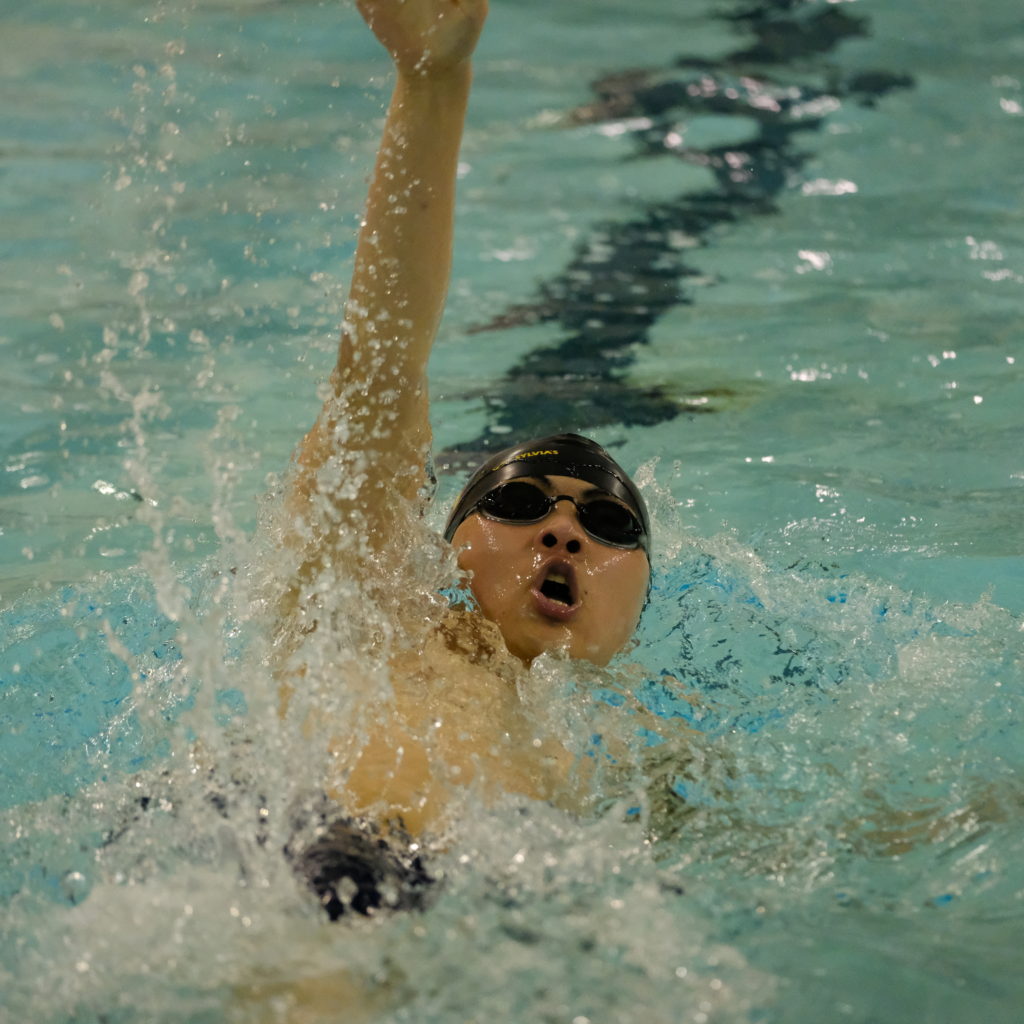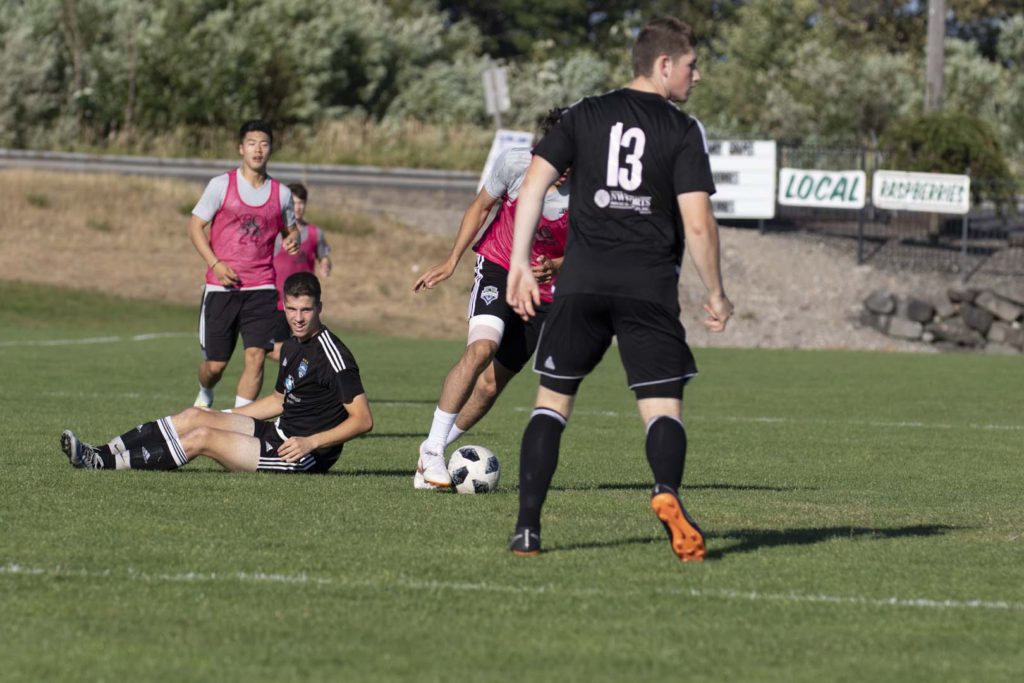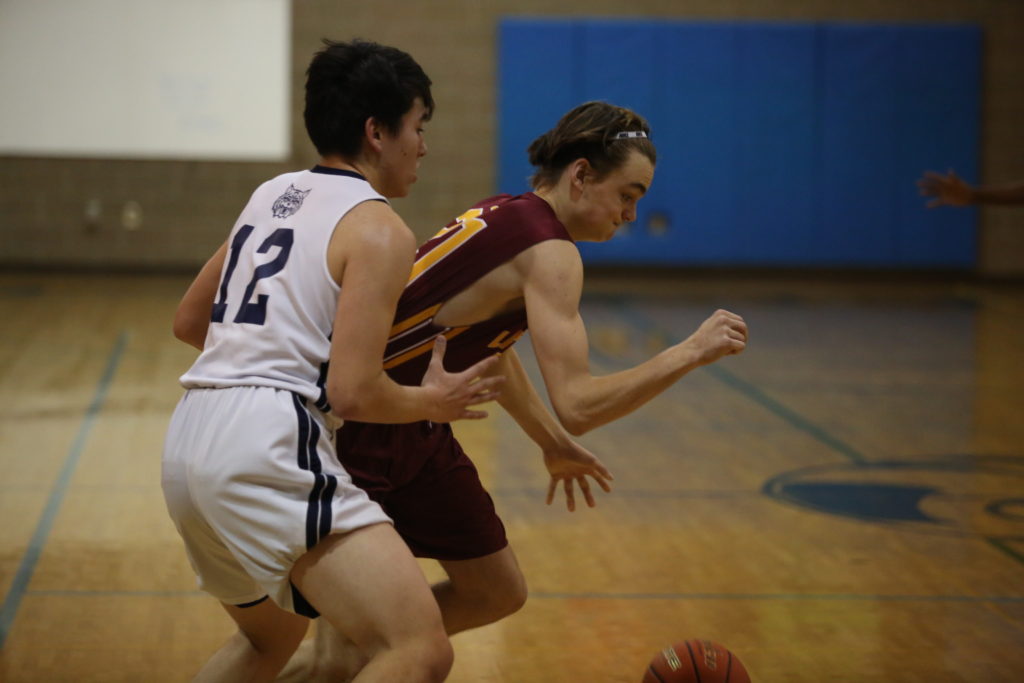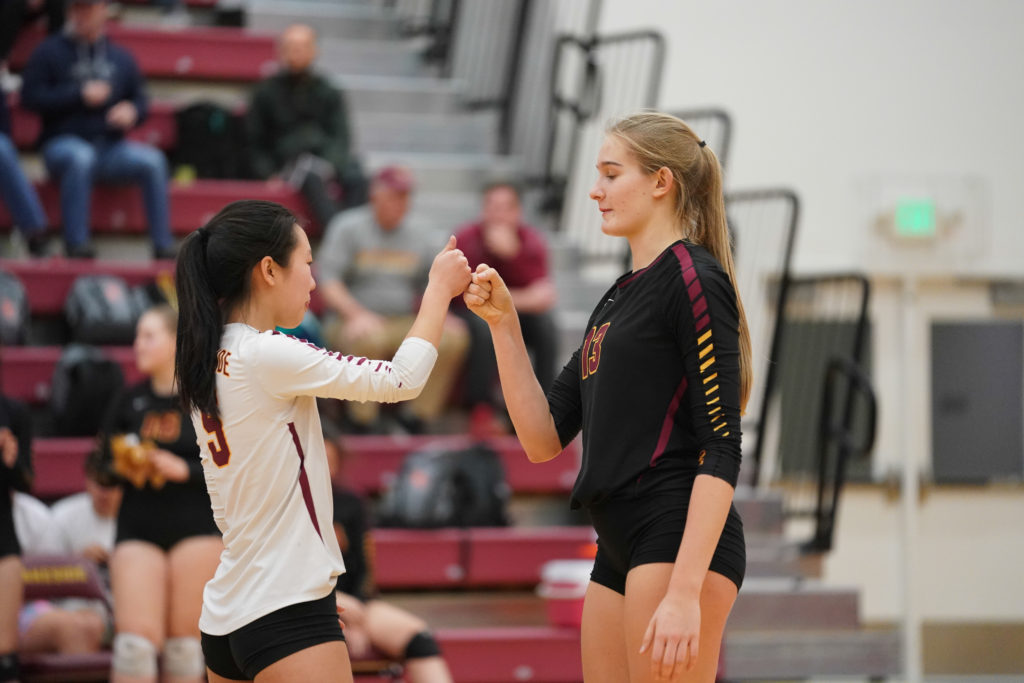Creating Unstoppable Confidence: Develop Elite Performances in Challenging Situations
Think back to the last time as an athlete you experienced one of those days where everything just went right. Remember how time felt meaningless? Remember how each skill you performed felt so automatic is was like the comforting rhythm and beat of a song you love? During that competition I bet it was easy to feel at peace, energized, and ‘in the moment’. Surely you made mistakes, but my educated guess is that you responded to those mistakes with ease. When athletes respond well to mistakes it’s usually due to their ability to manage their emotions in that moment.
Let’s think again about that day when things were going well for you. Think about that feeling when you were at your best for just a few moments. Take yourself back to that time and feel your confidence. For just the next 2 minutes, let the memory of that performance become your reality. Give yourself permission to relive that performance where you were competing at your best. Feel it, experience it. Relive what it’s like to have such solid control of the moment, the competition, and your movements. Relive what it’s like to embrace challenges with a ‘bring it on, is that all you’ve got?’ mentality. This performance you are reliving will become the basis for developing your good acting skills as an athlete. Good acting skills are what help us manage our emotions so we can effectively move on to the next moment in training or competition. However, for these acting skills to be effective, you must first identify a time when you were successful in handling challenges, and second, practice using that body language on a regular basis in practice. Third, using mental rehearsal to remind yourself of how you effectively handle challenges locks in this way you will choose to respond to challenging situations in the future.
For most athletes, the key to creating consistent, high level performances in challenging situations is the ability to handle the challenges and mistakes that come your way by being resilient, using effective self-talk, and demonstrating positive body language during competition, especially after mistakes.

Effective performances are fueled by staying in the moment
- Effective performances happen when athletes respond to mistakes with controllable, proactive actions.
- Good acting skills through positive body language help you feel and perform successfully by releasing the mistake and quickly moving on to the next thing. Employing the “What’s Important Now?” concept is a great way to help yourself do this.
- Planned responses (through mentally rehearsing your positive body language) to negative moments in competition help you learn to focus your efforts before the hurdles appear in real life.
USE GOOD ACTING SKILLS TO SUCCEED!
Good Acting is:
Using positive body language in adverse situations. The ability to show your ideal self on the outside no matter how you feel on the inside. You do this by engaging effective emotions/actions to empower your game. Emotions respond much as muscles do, the ones you stimulate (train) the most as a competitor become the strongest and most accessible.
Bad Acting is:

Being unable to move from the way you feel to the way you are supposed play in order to be successful. Bad actors in sport are simply the athletes who act out whatever emotions they happen to be feeling at the moment. If they feel tired, they show it. If they feel angry, afraid, disappointed, nervous, helpless, they display it to the world. Bad acting will beat you every time.
Examples of using your Good Acting Skills to respond successfully to a challenging situation:
When you feel your energy is gone:
· Jump up and down on your toes, pump your fist as if you are in the middle of the greatest day of your life.
When you make the worst mistake possible:
· Quickly move on to the next play and show nothing on the outside but supreme confidence.
When the opponent is attacking fast and from everywhere:

· Look and act like a courageous player in the middle of a great game. Show control, courage, and bravery. Welcome the challenge!
When you choke big time:
· Break out a huge smile, send a message with your body to your opponents, yourself, and your teammates ‘that this time things didn’t go as planned, next time you will nail it’.
When you are behind:
· Nod your head like you just figured out the answer, stand tall and send the message that you love the challenge. Challenges fire you up!
When you feel disappointed with yourself or others:
· Show only the confidence that you, and they, will find a way to succeed in the next moment.

As athletes, responses to mistakes need to be positive and drive us to perform an immediate action. Remembering that “What’s Important Now” keeps us in the moment and gives us the opportunity to think pro actively.
Good acting through positive body language fuels mental toughness. No matter what the situation is, always signal loud and clear with your body that you love being right where you are.
Show fun, fight, passion, and courage every time you train and compete to build unstoppable confidence.
- Getting Your Intensity Level Right - March 17, 2025
- Building a Functional Resilience Plan is Vital to a Referee’s Success - February 18, 2025
- sport in a pandemic: Crisis or opportunity?Chapter 4 - December 4, 2020


